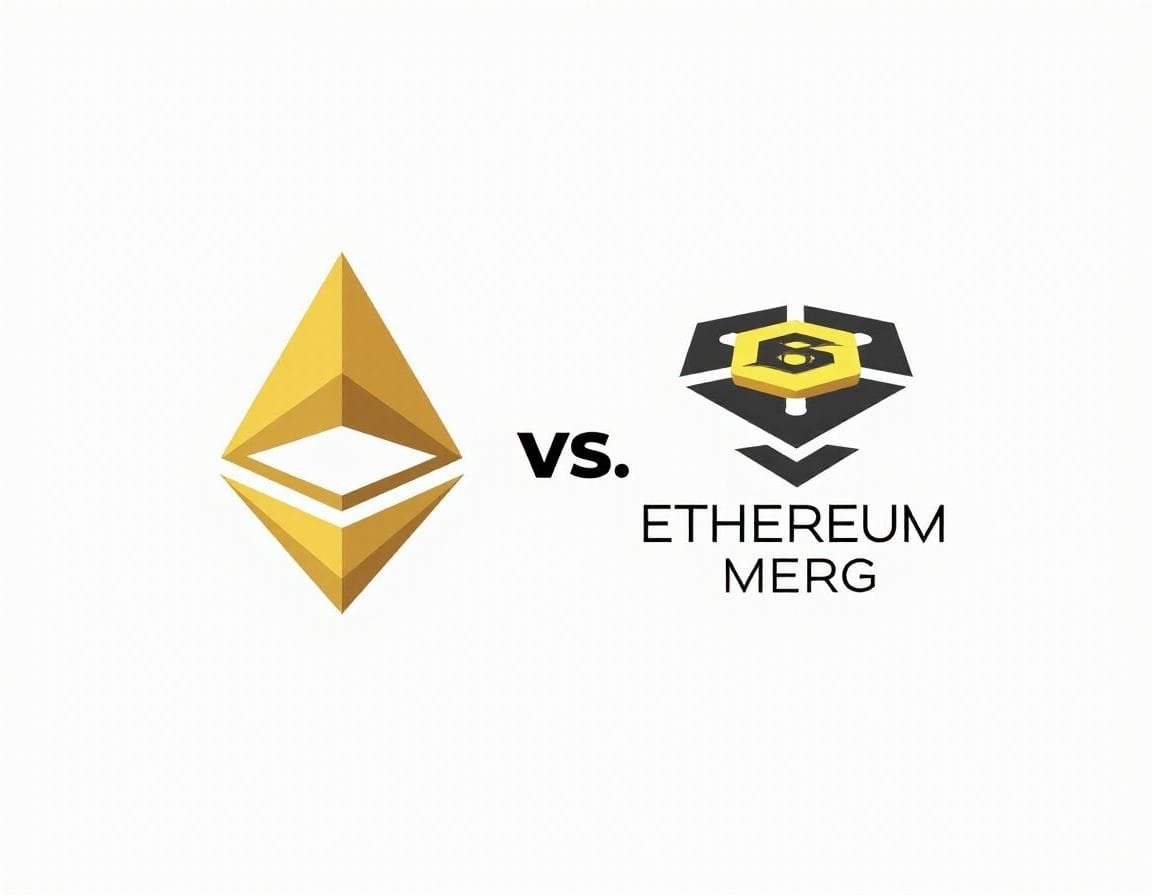
Blockchain Scalability: Solutions for Growing Networks
Understanding the Challenge of Blockchain Scalability
As blockchain technology continues to gain traction, the need for effective scalability solutions becomes increasingly apparent. With more businesses and individuals adopting these decentralized networks, the capacity to handle growing numbers of transactions and users is crucial.
Expanding Blockchain Capabilities: Laying the Groundwork
To address scalability issues, it’s essential to lay a solid foundation. This includes implementing efficient data structures and optimizing consensus mechanisms. For instance, Ethereum 2.0’s shift from Proof of Work (PoW) to Proof of Stake (PoS) is designed to improve scalability by reducing energy consumption and increasing transaction throughput.
Effective Blockchain Scaling Strategies: A Closer Look
Sharding
One promising solution is sharding, a method that divides the blockchain into smaller segments or ‘shards.’ Each shard can process transactions independently, thereby increasing the network’s overall capacity.
Layer 2 Solutions
Another strategy involves building Layer 2 solutions on top of existing blockchains. These solutions, such as the Lightning Network for Bitcoin and Plasma for Ethereum, process transactions off-chain to reduce congestion on the main network.
Scaling Blockchain Effectively: Real-World Examples
The success of these strategies can be seen in real-world applications. For example, the decentralized exchange Uniswap, built on Ethereum, has implemented a Layer 2 solution called Optimistic Rollups to improve its scalability.
The Future of Blockchain Scalability
As blockchain technology continues to evolve, so too will scalability solutions. The development of novel technologies like Zk-STARKs and Rollups promises to further enhance the capacity of these networks, enabling them to handle even larger numbers of transactions and users.
Sources
Explore More Content on TopCryptoSpot
Discover more insights and trends in the world of cryptocurrency and blockchain technology.






